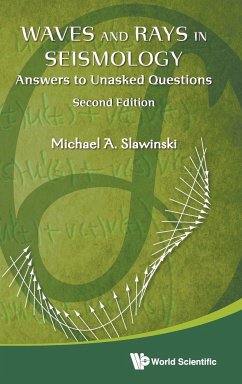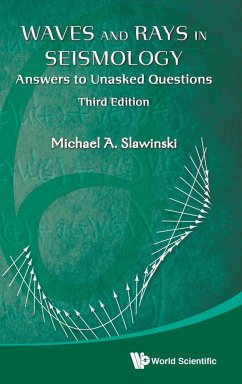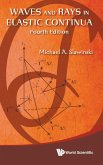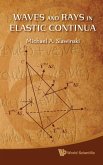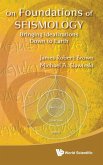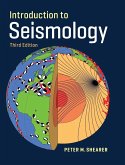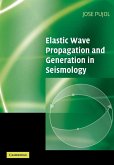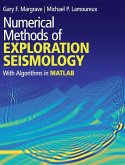The author dedicates this book to readers who are concerned with finding out the status of concepts, statements and hypotheses, and with clarifying and rearranging them in a logical order. It is thus not intended to teach tools and techniques of the trade, but to discuss the foundations on which seismology - and in a larger sense, the theory of wave propagation in solids - is built. A key question is: why and to what degree can a theory developed for an elastic continuum be used to investigate the propagation of waves in the Earth, which is neither a continuum nor fully elastic. But the scrutiny of the foundations goes much deeper: material symmetry, effective tensors, equivalent media; the influence (or, rather, the lack thereof) of gravitational and thermal effects and the rotation of the Earth, are discussed ab initio. The variational principles of Fermat and Hamilton and their consequences for the propagation of elastic waves, causality, Noether's theorem and its consequences on conservation of energy and conservation of linear momentum are but a few topics that are investigated in the process to establish seismology as a science and to investigate its relation to subjects like realism and empiricism in natural sciences, to the nature of explanations and predictions, and to experimental verification and refutation. In the second edition, new sections, figures, examples, exercises and remarks are added. Most importantly, however, four new appendices of about one-hundred pages are included, which can serve as a self-contained continuum-mechanics course on finite elasticity. Also, they broaden the scope of elasticity theory commonly considered in seismology.
Hinweis: Dieser Artikel kann nur an eine deutsche Lieferadresse ausgeliefert werden.
Hinweis: Dieser Artikel kann nur an eine deutsche Lieferadresse ausgeliefert werden.

